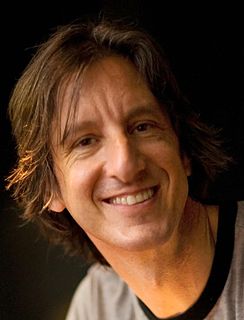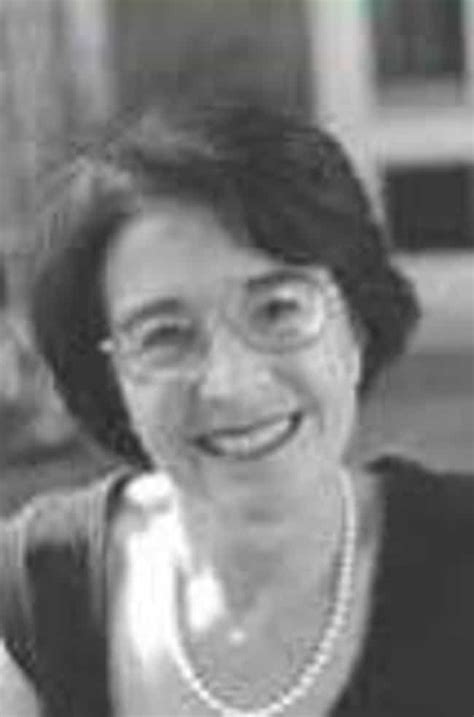A Quote by Gordon S. Wood
The Declaration [of Independence] was a committee report, and [Tomas] Jefferson was simply the draftsman. [John] Adams's crucial role in bringing about independence in the Continental Congress has tended to get forgotten.
Related Quotes
According to Adams, Jefferson proposed that he, Adams, do the writing [pf the Declaration of Independence], but that he declined, telling Jefferson he must do it. Why?" Jefferson asked, as Adams would recount. Reasons enough," Adams said. What can be your reasons?" Reason first: you are a Virginian and a Virginian ought to appear at the head of this business. Reason second: I am obnoxious, suspected and unpopular. You are very much otherwise. Reason third: You can write ten times better than I can.
[John Adams and Tomas Jefferson] shared experience in 1775 - 1776 in bringing about the separation from Britain and their service in Europe cemented a friendship that in the end withstood the most serious political and religious differences that one could imagine, especially their differences over the French Revolution. It was probably Jefferson's obsession with politeness and civility that kept the relationship from becoming irreparably broken.
[John] Adams's perception of Europe, and especially France, was clearly different than [Tomas] Jefferson's. For Jefferson, the luxury and sophistication of Europe only made American simplicity and virtue appear dearer. For Adams, by contrast, Europe represented what America was fast becoming - a society consumed by luxury and vice and fundamentally riven by a struggle between rich and poor, gentlemen and commoners.
To exclude from positions of trust and command all those below the age of 44 would have kept Jefferson from writing the Declaration of Independence, Washington from commanding the Continental Army, Madison from fathering the Constitution, Hamilton from serving as secretary of the treasury, Clay from being elected speaker of the House and Christopher Columbus from discovering America.
Maturity is not equated with independence though it includes a certain capacity for independence...The independence of the mature person is simply that he does not collapse when he has to stand alone. It is not an independence of needs for other persons with whom to have relationship: that would not be desired by the mature.

























